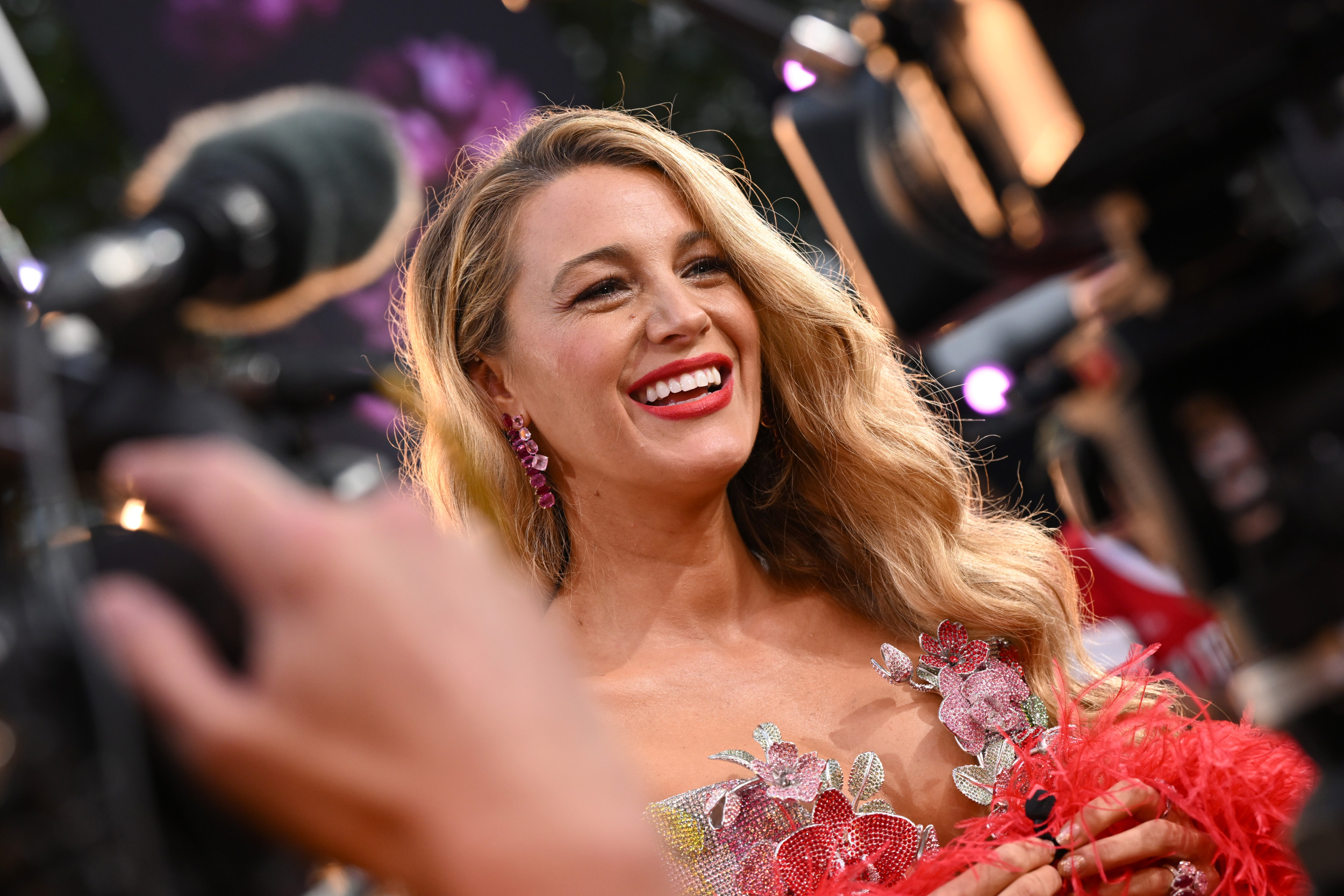It Ends With Us, the upcoming film featuring Blake Lively and Justin Baldoni, is generating plenty of buzz—and not all of it is positive. Adapted from Colleen Hoover’s novel, the movie has stirred discussions about whether it trivializes or even romanticizes domestic violence.
At the heart of the story is Lily Bloom, a 23-year-old florist who finds herself in an increasingly abusive relationship with Ryle Kincaid, a 30-year-old neurosurgeon. As Lily grapples with her situation, she ultimately finds the strength to leave for her daughter’s sake, aiming towards a future with her childhood love, Atlas Corrigan.

Not everyone is critical, though. Professor Jacquelyn Campbell from Johns Hopkins School of Nursing has labeled the film as a “constructive” conversation starter on the topic of abuse. She notes that the film raises awareness: “It clearly has gotten people talking,” she emphasizes.
Campbell highlights the importance of Lily’s best friend, portrayed by Jenny Slate, as a solid example of support for those experiencing domestic violence. “She was there for her no matter what,” Campbell remarked.

However, the film isn’t without its criticisms. Critics point out that the characters lack diversity, all being white and seemingly privileged—an unrealistic portrayal of many domestic violence situations. Campbell also observes that Ryle’s character has a “lite” approach to his abusive nature, quickly acknowledging his faults in a way that contrasts sharply with real-life abusers, who often face no consequences and may threaten their victims if the relationship ends.
The movie suggests a simpler resolution to an incredibly complex issue. As both Campbell and Steiner emphasize, the reality of abuse is rarely as neatly packaged as depicted in It Ends With Us. “There is nothing romantic about abuse,” Steiner warns, explaining that manipulation and denial often cloud the experiences of both victims and abusers.
As this film makes its way to audiences, the conversations around it continue to evolve, asking important questions about representation, responsibility, and the unfortunate reality of domestic violence.
